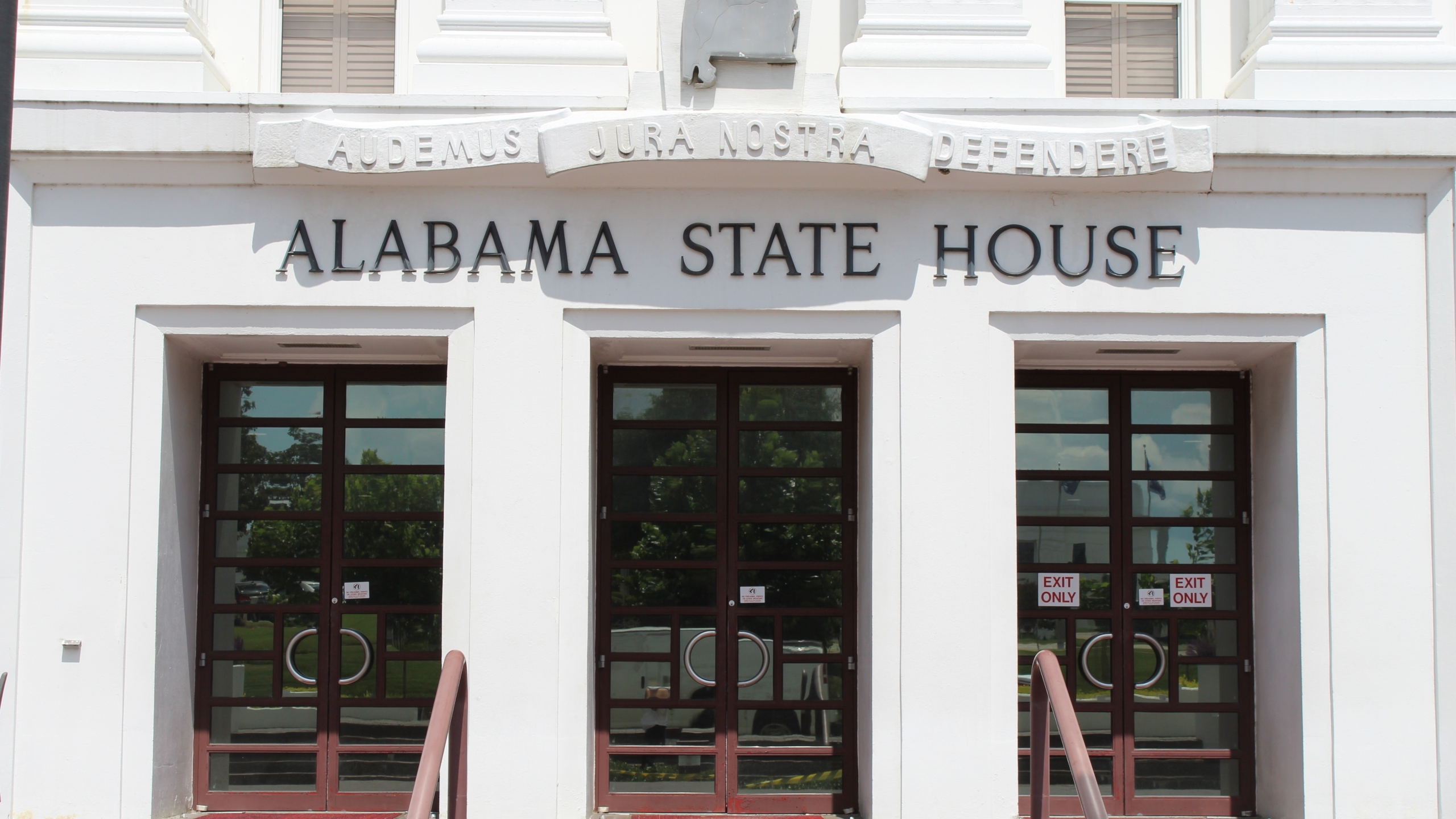After the closing of the 2019 Legislative Session, both House Speaker Mac McCutcheon and Senate President Pro Tem Del Marsh gave the session high marks.
When judging the success-failure of a legislative session, it is elementary to understand a few key factors.
Never confuse activity with accomplishments.
Never judge legislation by its intentions.
Never believe a bill’s title is more than a selling point.
Never be fooled that anything in politics happens by accident.
And always, always follow the money.
During the 2019 Regular Session, 1,070 bills were introduced and five statewide Constitutional Amendments were passed.
As the raw numbers show, lawmakers were extremely busy, but that doesn’t mean that all or any of the measures introduced actually moved the state forward in a positive manner.
There were pander-bills, also ones that benefited a small group or a particular constituency and at least a few, while well-intentioned, hurt the state’s reputation and standing or will result in lawsuits where the state will pay hundreds of thousands of dollars in legal fees only to suffer defeat in federal court.
A Senate bill allowing public schools to offer elective courses on the Bible in grades six to 12, as well as allowing for the display of artifacts, monuments, symbols and texts related to the study of the Bible is an example of well-intended legislation that will more than likely face a court challenge in which the state will be forced to pay to defend the law. Likewise, the bill requiring teachers to lead the Pledge of Allegiance at the beginning of each school day will no doubt come under federal scrutiny.
Many Alabamians support Bible studies in schools and displaying religious symbols, as well. Reciting the Pledge of Allegiance is a common occurrence at a civic or political event around the state. But should lawmakers codify these activities for public schools when they will probably face a legal battle?
This is not to say the state should cower under the heel of federal will, but lawmakers should show the wisdom to understand which wars are worth fighting.
Surely a thinking individual can understand that the separation of church and state doesn’t mean we have to separate God from country, but there are limits to where the state can impose its will.
Primarily the State Legislature governs from a far-right agenda as if the left and center do not exist. Yes, Republicans hold a supermajority, but a majority shouldn’t forget that there are those along a broad spectrum of political and philosophical beliefs who live and pay taxes in the state, as well.
When legislation only seeks to please the interests of the majority while ignoring the needs and wishes of the minority, it endangers the cohesion of a free society.
State Sen. Greg Albritton was the face of several high-profile bills during the recent session including a fatally flawed lottery. Albritton, a relatively unknown lawmaker, was elevated this year to Chair of the powerful General Trust Fund Budget by Marsh. Albritton’s district covers the home of the Poarch Band of Creek Indians, and he calls the tribe family.
At the beginning of the session, Albritton introduced an ethics reform bill that would have drastically altered Alabama’s Ethics Act. He said that the measure would give clarity and transparency to the state’s ethics laws. The bill faced a swift death in the Senate Judiciary Committee thanks to Sen. Cam Ward and others who saw the legislation as little more than a full gutting of the laws Republicans championed in 2010.
Shortly after the session, Albritton appeared on APT’s Capital Journal to defend the bill saying that those who said it gutted current ethics laws were merely offering PR spin.
An initial analysis of Albritton’s bill by APR found that it makes several radical changes to the ethics laws. First, it removes the section of code that governs using a public office for personal gain, and secondly, it essentially turns the Alabama Ethics Commission into a repository for records. It also allows for unlimited gifts from lobbyists or principals to public officials, changes the rules governing lobbyists and principals and more.
When an ethics bill allows lobbyists to give unlimited gifts and other things of value to lawmakers, that is a complete gutting of the ethics statute. The only requirement under Albritton’s bill is that the lobbyist must report the gift by way of a form filed with the Ethics Commission. That is not transparency, it is legalized bribery.
Mr. Albritton is either a fool, has not read the bill he sponsored or is a congenital liar.
His proposed legislation is an egregious example of a lawmaker saying a bill means one thing when it means something totally different.
Such a bill points to the putrid nature of some corrupt legislators who wants to profit from their public office personally.
Of course, behind each of the above examples of legislative efforts is a lobbyist, special interest group or an individual who wants something. These are not acts born in a vacuum but planned measures aimed at giving someone or some entity the advantage of the desired result. In other words, not a coincident.
And then there’s the money; millions of dollars in unlimited campaign contributions that flow like molten gold into the body politic consuming everything in its path. Few can resist the lure of easy money, and even those who do are roiled by its undertow. Generally, one need look no further than a lawmaker’s campaign contributions to determine how they will vote.
Marsh and McCutcheon can’t be faulted for praising their accomplishments. That’s what politicians do with aplomb.
But those of us whose job it is to dissect the machinations of government can’t afford to be so accepting or gullible as to the ways of legislation and neither should the public.
Many in the Capital Press Corps found the session to be long, strange, busy and uninspiring. Naturally, there are those who feel otherwise.
The session doesn’t deserve a B or A grade as Marsh and McCutcheon have said. Rather a solid C- which means it didn’t pass or fail but came close to a class of dunces.
But altogether not a bad session for a legislature that is mired in partisan politics rather than what is good for all the people of the state.























































